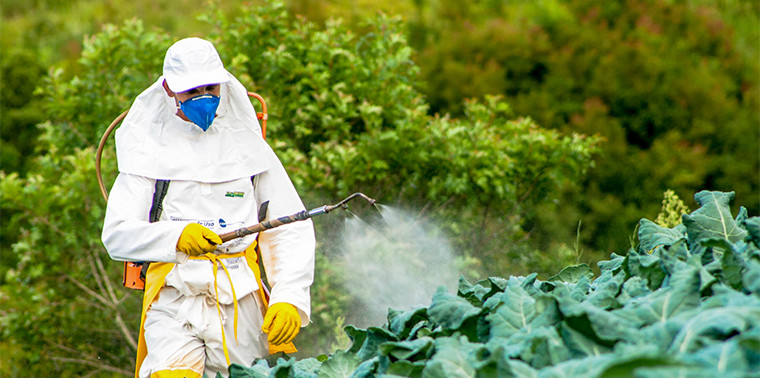How environmental dangers, resistance-building to synthetic pesticides, and organic farming methods are pushing the market towards biopesticides.
Thirteen years ago, Mr. Incredible was feeling washed up and worn down from an oppressed life under tyrannical bosses and self-censorship imposed by the government. That’s when he got a seductive offer from the mysterious Mirage. She proposed to him that he battle an out-of-control robot that might threaten society if not stopped. What Mr. Incredible didn’t know was that this robot could learn, adapt, and improve as it encountered its foes.
A similar type of enemy faces cannabis growers: insects.
As insects encounter pesticides, many of them perish against their effects. However, a small percentage of them do not. When this tiny percentage of the population survives against a pesticide, their offspring are better prepared to deal with the pesticides. Over time, this can render some synthetic chemicals virtually useless.
Compounding the problem, heavy application of synthetic chemicals means the environment becomes a pesticide sink where it struggles to keep up with the draining process.
Figure 1 An unintended victim of pesticide-use.
The chemical saturation of the environment and the resistance-building of insects in the application of those chemicals have come to a tipping point, and people are looking for another way to grow their plants.
What we know from observing nature is that there are multitudes of ways to combat insect invasion. Plants use saps, terpenes, and noxious chemicals to dissuade insects from eating them. Even insects that feast on plant-eating insects can be used as pesticides. For humans, this means an opportunity to use those systems of defense to our own benefit.
This is why we call them biopesticides: they’re pesticides designed by nature.
Moreover, growers are now reconstituting certain fungi as a defense against insect infestation. While this type of insect management lessens the pressure on the environment to drain pesticides, it also uses a malleable defense mechanism.
Fungi are alive; synthetic pesticides are not. While insects can adapt to the immutable pesticides, their adaptations against fungi get caught in an evolutionary arms race with them. As the insects adapt to the fungi stopping them, the fungi adapt to the insects that survive the last generation. Over time, this is a much more effective means of controlling insect populations as nature will do much of the heavy lifting.
For organic farmers, this is a godsend–or a nature-send. The ability to combat insect infestation without the use of harmful chemicals means organic cannabis growers can grow harmoniously with their values while cultivating healthier plants.









